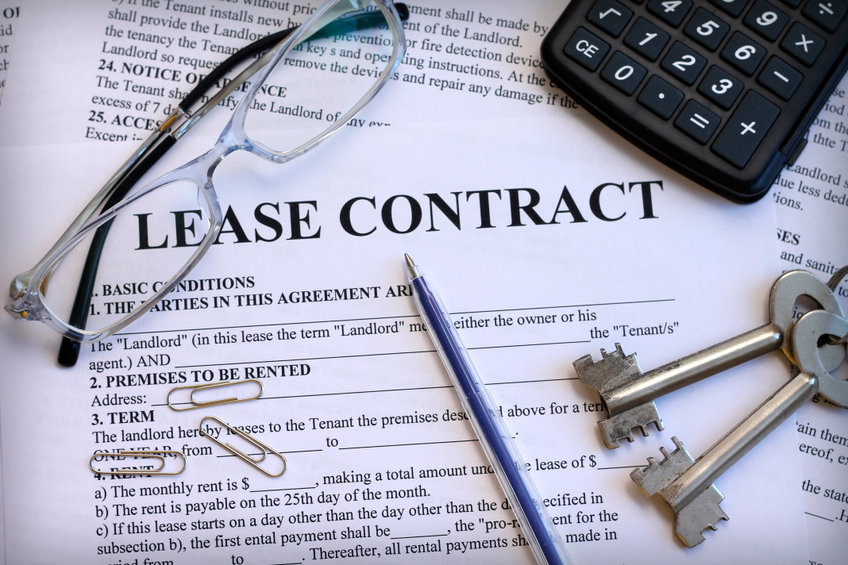For one reason or another, you’ve remained in your apartment past the lease term. Maybe you’re having trouble finding a new place, can’t afford to move, or truly believe you are entitled to stay. Your rights and expectations will vary depending on the nature of your relationship with your landlord. The defining factor is the landlord’s consent, or lack thereof.
What Is a Tenancy at Sufferance?
When a tenant remains in possession of his rental after the agreement term expires without the permission of the landlord, he is considered a “holdover tenant” or “tenant at sufferance.” All provisions of the original agreement remain in effect, including any requirement to provide timely, written notice of the tenant’s intent to vacate. Thus, the tenant must continue to pay his rent according to the original lease terms (amount, due date, method of payment, etc.)
When a tenant refuses to give up possession of his rental at the end of the lease, the landlord, the landlord’s agent, attorney, or legal representatives, may demand that the tenant pay double the amount of rent due on the unit for the period during which the tenant refuses to surrender possession. Further, the landlord may recover possession of her rental unit by applying for the tenant’s removal through a filing with the court. She must explain where the unit is located and the facts that authorize its recovery.
What Is a Tenancy at Will?
When a tenant remains in possession of his rental after the agreement term expires with the permission of the landlord, he is considered a “tenant at will” or “month-to-month” tenant. Even without an explicit agreement of renewal or extension, if a landlord collects rent after the expiration of the lease agreement, a tenancy-at-will (month-to-month tenancy) is created. The landlord’s consent is implied by her collection and acceptance of the tenant’s rent. In fact, there’s usually no written contract or lease agreement between a landlord and tenant in a tenancy at will. Thus, there are no strict terms that either party must follow—including no set ending date. A 15-day written notice is required to terminate the tenancy (unless the lease specifies otherwise). Florida Statutes state that if the agreement requires the tenant to give notice before terminating the lease, the landlord is required to do the same.









One Response
And that’s it? A 15 day notice? What if tenant is unable to leave in 15 days, does landlord have to file an eviction lawsuit, or can tenant be forcibly removed?